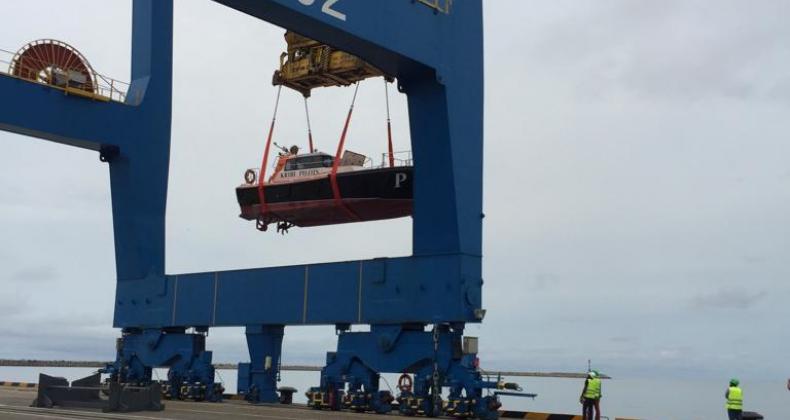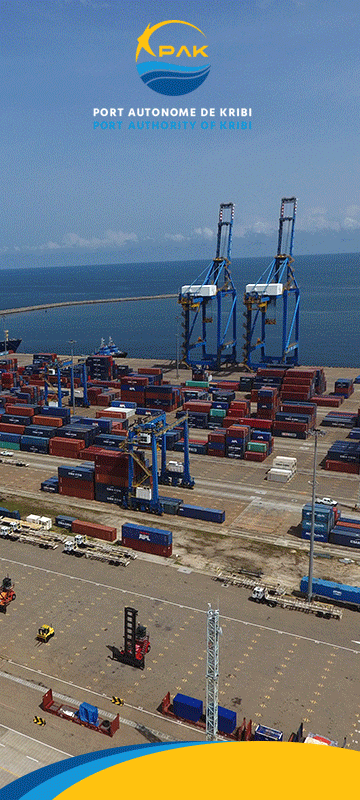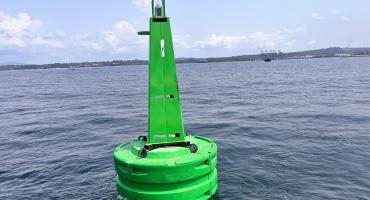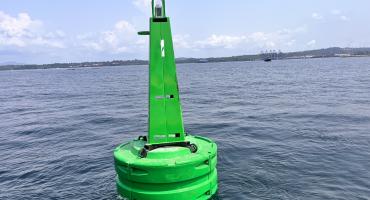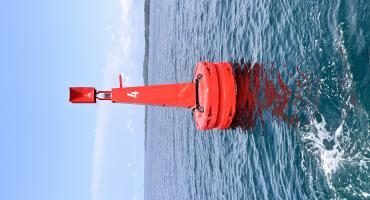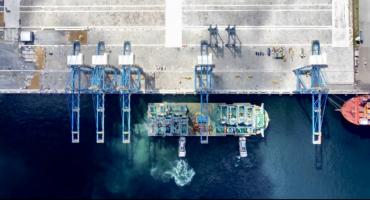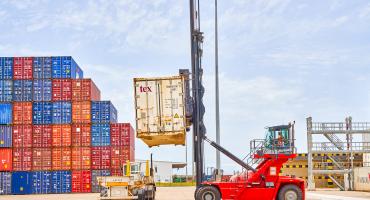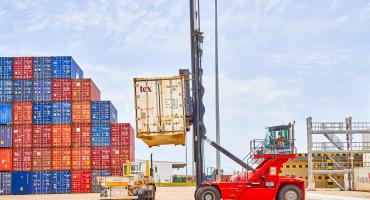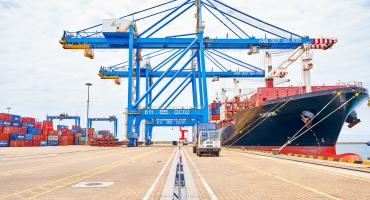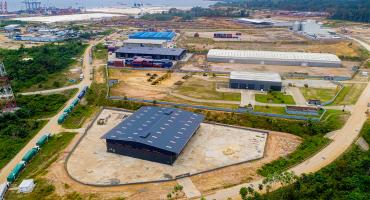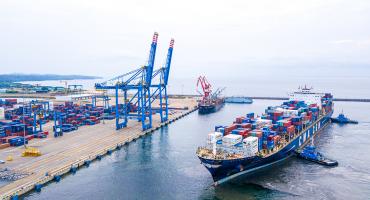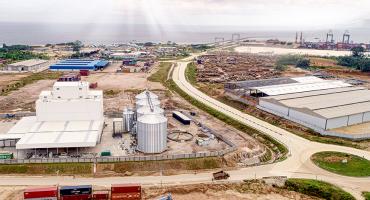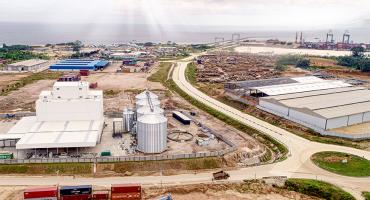As severally underscored by the President of the Republic and as we all know, a conducive economic environment is the prerequisite for an effective competitiveness of our national economy and its various stakeholders. Due to its mission at economic level, the Customs Administration plays a key role in measures put in place by the government to strengthen the competitiveness of our national economy. Efforts made till date by the said Administration have an international scope. Hence, incentives towards economic operators aim at contributing to their development by ensuring them a better exposure on international markets.
Simplifying procedures, facilitating trade and contributing to a secure trading environment are the mainstay of a major project embarked on over the past 10 years, through a vast reform plan aimed at strengthening the competitiveness of our domestic economy. The Directory General of Customs translates its support by developing an array of terms and conditions.
Measures to simplify procedures
- SYDONIA++
The Automated System for Customs (SYDONIA) came into force in 2006 in Cameroon and is the major materialization of the Customs Administration’s ambition to simplify procedures. SYDONIA plays a key role in reducing transit times for goods and in implementing paperless procedures. In terms of perspective, SYDONI is being upgraded to CAMPASS, a new application developed in collaboration with Korean Customs Administration.
- COMPREHENSIVE SCANNING
The aim of such measure is to have a comprehensive scanning of containers arriving in Cameroon’s ports. Into force since 2017 in the Port of Douala, comprehensive scanning will equally be applied in the Port of Kribi, for import and export activities. Beyond ensuring security, comprehensive scanning makes it possible to reduce intrusive visits in containers and by so doing, improve transit times.
Measures to facilitate trade
Trade facilitation can contribute to boosting Cameroon’s economic competitiveness. Hence the creation of CONAFE (National Trade Facilitation Committee) in 2016 located in the Prime Minister’s Office. It aims at implementing measures to facilitate and speed up international trade and transport. Other trade facilitation levers have been activated, including the following:
- Implementation of the facilities provided for in the Economic Partnership Agreements (EPA).
- The contractualization of some companies through operator contracts. The purpose of such measure is to promote good practices within companies. It contributes to reducing the time to collect goods and promotes civic behaviour, especially in the context of combating fraud.
- The reduction of immediate controls in favour of post-clearance controls, with a view to implementing the concept of approved operator. To reinforce the results of this approach, more favourable selectivity criteria will be extended through the blue and green channels
Securing the business environment
- NEXUS
Based on the ASYCUDA application and the Global Positioning System (GPS) technology, the NEXUS Cameroon system contributes to a geo-localized tracking of cargo and transport shipments to hinterland countries (Central African Republic and Chad).
This provides room for fighting against the fraudulent discharge of goods in transit through Cameroon. Tracking goods from their loading point to their crossing point results in significant productivity gains in terms of time and transit costs for goods in transit.
- HALCOMI
Securing the trade environment falls within the purview of the Customs Administration which can therefore filter at the country’s borders all goods from smuggling and illegal trafficking or goods non-compliant with current standards.
Operation HALCOMI (Stop illegal trade) conducted in collaboration with companies since 2006 has helped strengthening operations to combat fraud, smuggling and illegal trade in Cameroon. Tons of counterfeit and smuggled goods were seized and more than $1.5 billion in revenues collected as a result of outreach activities carried out as part of this mission. The Port of Kribi, a major infrastructure for Cameroon's emergence project by 2035, is positioned as an essential logistics and port platform in Central Africa.
In reference to the President of the Republic’s will expressed on 31 December 2017, during his end-of-year address to the Nation, the commissioning of the Port of Kribi is a constant commitment for the Directory General of Customs. In addition, the seminar jointly organized by the Port of Kribi and the Customs Administration on the procedures of passage of goods through the Port of Kribi on 15 and 16 February 2018 are a milestone towards attaining such goal.
Norbert BELINGA

